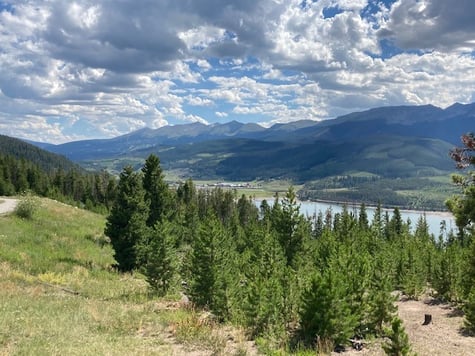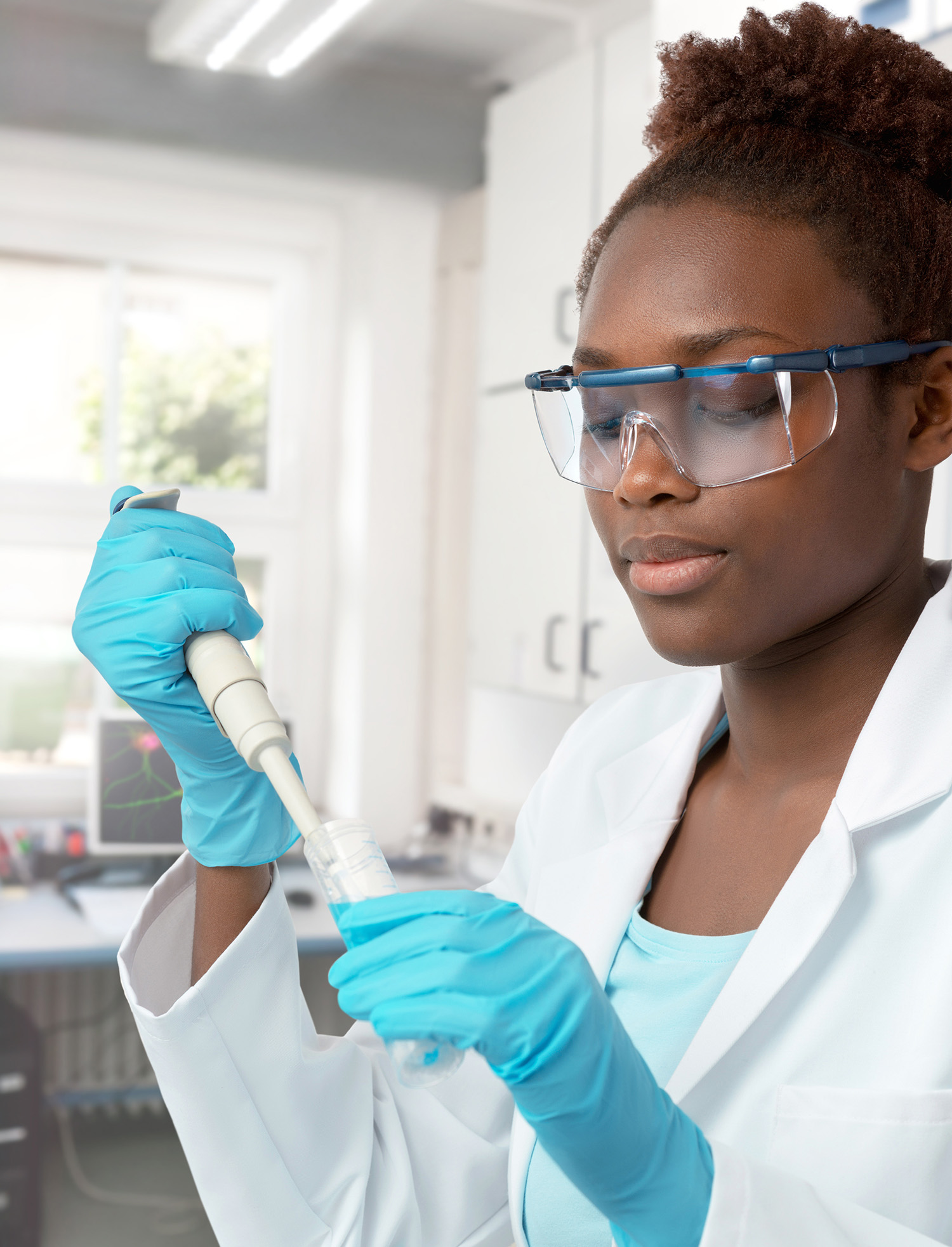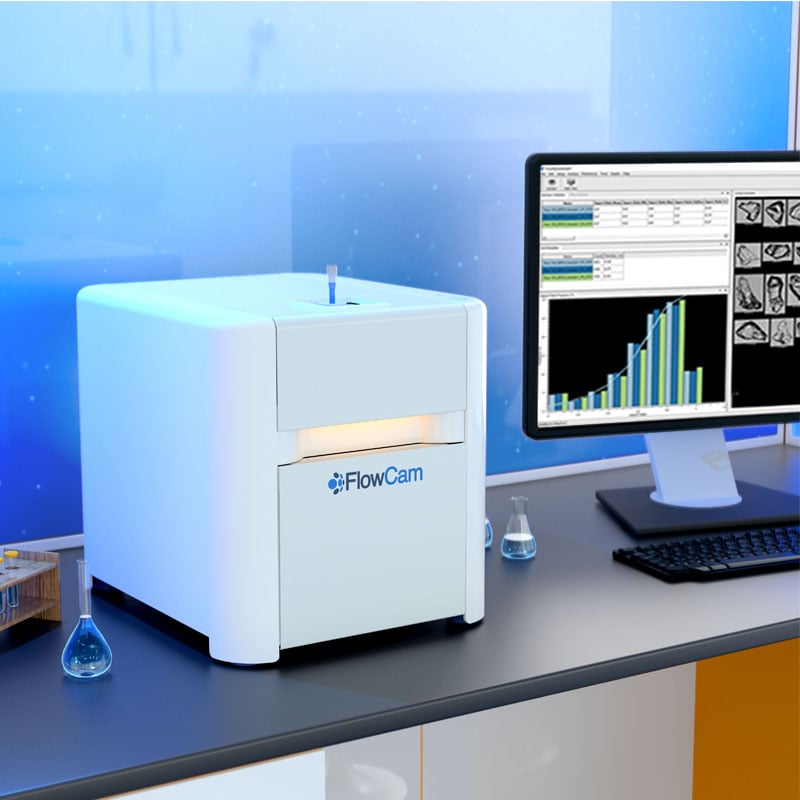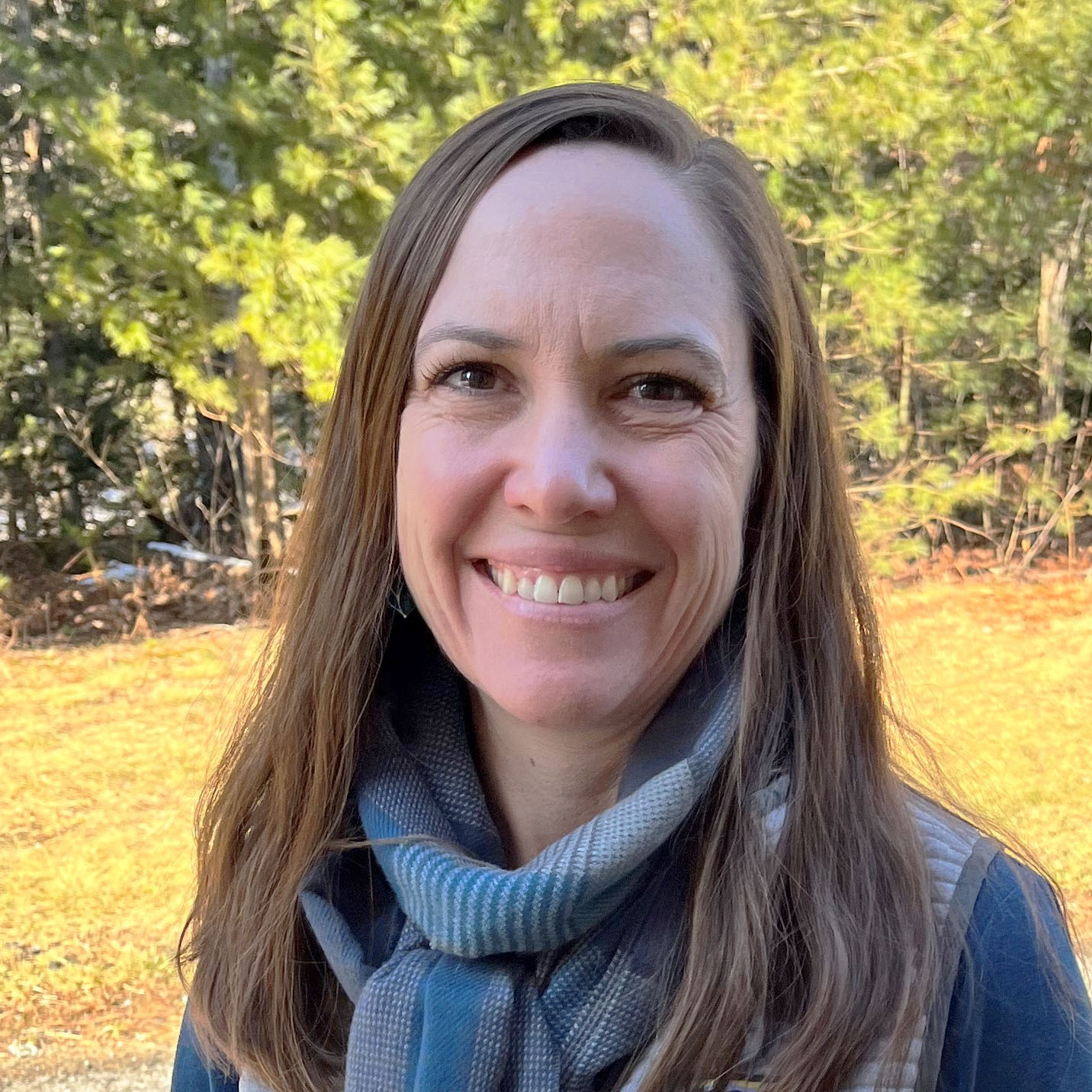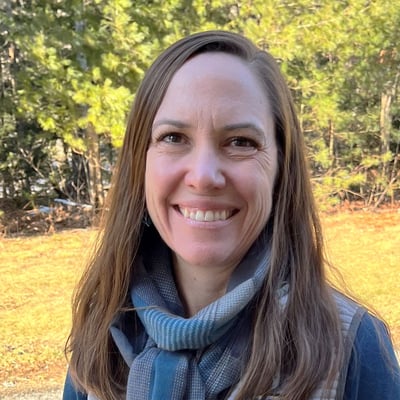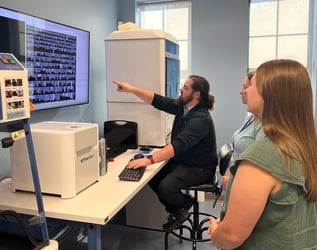 The Skaggs School of Pharmacy and Pharmaceutical Sciences at the University of Colorado hosts the annual Colorado Protein Stability Conference, providing a unique opportunity for scientists working on protein stability to convene and share their research. This year marked the return of the conference for the first time since 2019.
The Skaggs School of Pharmacy and Pharmaceutical Sciences at the University of Colorado hosts the annual Colorado Protein Stability Conference, providing a unique opportunity for scientists working on protein stability to convene and share their research. This year marked the return of the conference for the first time since 2019.
At the conference venue in Breckenridge, Colorado, leading researchers from academia and the pharmaceutical industry gave plenary lectures covering a range of topics including stability of viral vectors, excipient interactions, particles in protein drug products, and protein structure, stability and dynamics. Our FlowCam team, including Dr. Sigrid Kuebler, Dr. Austin Daniels, and Nicole Gill traveled to the conference to attend these sessions and to share recent FlowCam innovations, VisualAITM, FlowCam LO, and FlowCam Nano. Pictured above is Austin, staffing the FlowCam booth in the exhibit hall.
Poster sessions during the week allowed for one-on-one discussions on emerging research topics. Austin presented a poster titled “VisualAI for Sample-Agnostic Flow Imaging Microscopy Particle Analysis” and Nicole presented a poster titled “Advances in Flow Imaging Microscopy Techniques for Submicron Particle Analysis.”
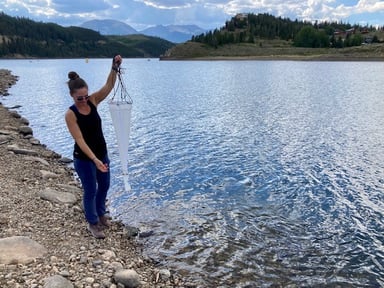 During a break in the conference, our FlowCam team visited the Snake River Inlet on Dillon Reservoir and performed a plankton tow to collect a water sample (Nicole is pictured here collecting the sample). Dillon Reservoir is owned and operated by Denver Water and is its largest water storage facility. The reservoir is also a popular recreation area for activities including boating, fishing, kayaking, and camping.
During a break in the conference, our FlowCam team visited the Snake River Inlet on Dillon Reservoir and performed a plankton tow to collect a water sample (Nicole is pictured here collecting the sample). Dillon Reservoir is owned and operated by Denver Water and is its largest water storage facility. The reservoir is also a popular recreation area for activities including boating, fishing, kayaking, and camping.
In the summer months, freshwater ponds, lakes, and reservoirs are prone to cyanobacteria blooms due to increased light, temperature, and nutrient availability. Cyanobacteria produce powerful cyanotoxins which can sicken people, their pets, and wild animals in bloom conditions. For this reason, water utilities and municipal agencies closely monitor cyanobacteria populations and toxin production in water bodies such as Dillon Reservoir using a variety of analytical tools, including FlowCam Cyano.
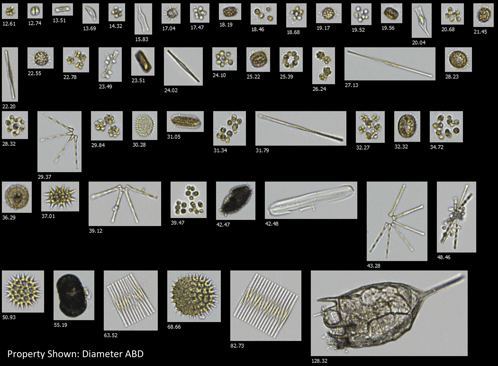
Pictured above are FlowCam Cyano images from the Dillon Reservoir sample, showing diatoms including Fragilaria sp., Pediastrum sp., Asterionella sp., Cyclotella sp., and the green algae Eudorina sp. The last image in the collage is of a Keratella rotifer which grazes on a variety of phytoplankton. No cyanobacteria were detected.
We'll be back in Breckenridge in 2023, and we hope to see you then!
